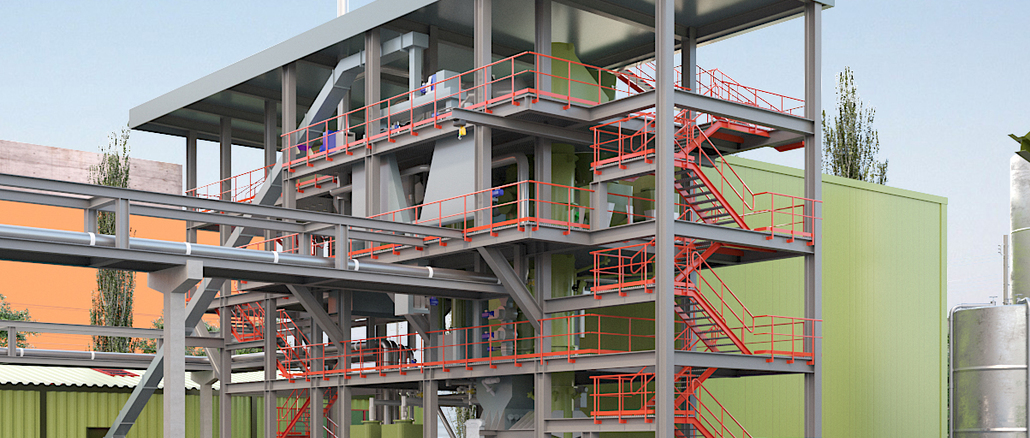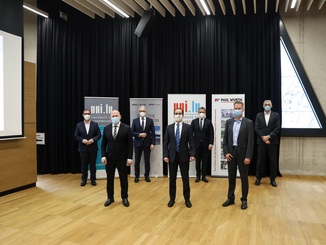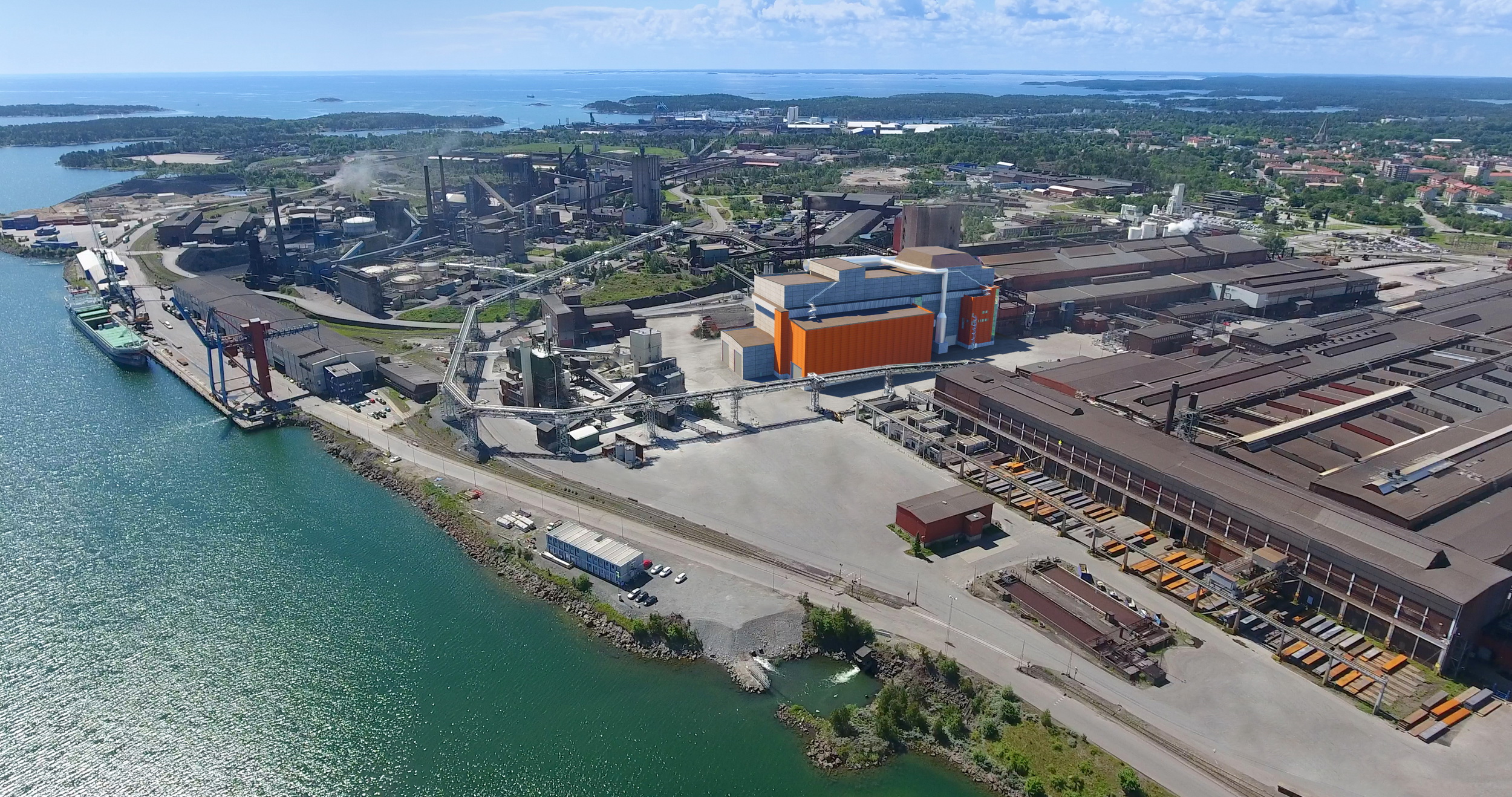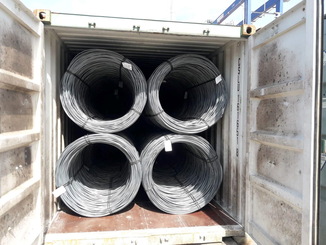
On September 17th, 2020, the SMS Group received the construction approval for a new pilot plant in Vienna-Simmering, Austria, which will demonstrate the recycling of residual materials to produce environmentally friendly andCO2 neutral fuels.
The project partner BEST – Bioenergy and Sustainable Technologies will implement a novel process chain for the production and use of a hydrogen-rich synthesis gas on an industrial scale at the Wien Energie hazardous waste incineration plant.
The heart of the plant, a synthesis gas generator built by the SMS Group, will start operation in mid-2021. For SMS, the construction of the plant is a further step in the company’s New Horizon strategy. Inspired by global trends and developments, these impulses flow into the cooperation with partners and customers. We always think one step ahead to develop creative solutions that help shape the global challenges of the future.
The project is supported by the Austrian Research Promotion Agency (FFG). The project is managed by the K1 Competence Center BEST. In addition to the SMS Group as the builder of the plant, other project participants are Wien Energie, Heinzel Paper, Wiener Linien GmbH, Wiener Netze GmbH and Österreichische Bundesforste. The TU Vienna and the Luleå University of Technology are involved as scientific partners.
In the “Waste2Value” project (loosely translated: value creation from waste), the use of residual materials from which a hydrogen-rich synthesis gas is produced is being promoted. Initially, the focus is on residual materials such as sewage sludge, residues from the paper industry and mixtures with polluted wood as raw materials. In a further process step, the gas is synthesized into liquid fuels.
Within the scope of the project, which will run until 2023, the plant will be constructed and corresponding operating experience will be gathered. The entire process chain – from raw material to gas production, gas purification, gas processing, syntheses, up to the processing and use of the FT fuel in a fleet test – is the subject of the research work of “Waste2Value”.
The plant is the first of its kind in the world to demonstrate this technology in a single, industry-oriented, end-to-end process chain. The results of the project enable the economic and technical assessment of the overall process and form the basis for the planned implementation on a larger industrial scale by Wien Energie. Versatile application possibilities of the synthesis gas generator
The technology implemented by the SMS Group makes it possible to generate a so-called synthesis gas from residual materials by means of a thermal conversion process. This gas mixture can in turn be converted into various energy carriers such as green fuels, green gas and green hydrogen. If the starting materials used are of renewable origin (such as wood, residual wood, sewage sludge or biogenic waste), the end products are also 100 percent renewable.
However, it is also conceivable to add non-renewable residual materials such as plastic residues that cannot be recycled. This makes it possible to use such fossil waste materials several times over.
The wide range of possible end products makes the technology extremely flexible: on the one hand, sustainable fuels can be provided for transport sectors in which batteries are difficult to use (e.g. agriculture, long-distance transport, air traffic); on the other hand, green gas for the natural gas grid and green hydrogen for future mobility solutions or industrial applications can also be produced on the basis of the same technology.
The production of FT fuel, which incidentally has significantly lower particulate emissions during combustion than fossil diesel, also produces valuable chemicals that are needed in the chemical industry.
Another option is to synthesize the gas produced into sustainably produced alcohols, which are also processed by the chemical industry. If sewage sludge is used as a starting material, there will also be a promising opportunity in future to recover the phosphorus it contains. Phosphorus is essential for the production of fertilizers for agriculture. There are only two mining areas in the world and it is estimated that mining will only be possible for a few decades.
Overall, the technology of thermochemical synthesis gas production is a very interesting technology that has great potential to become a central component of the future “Green Economy”.




